Carl Jung - Jungian Insights Tool
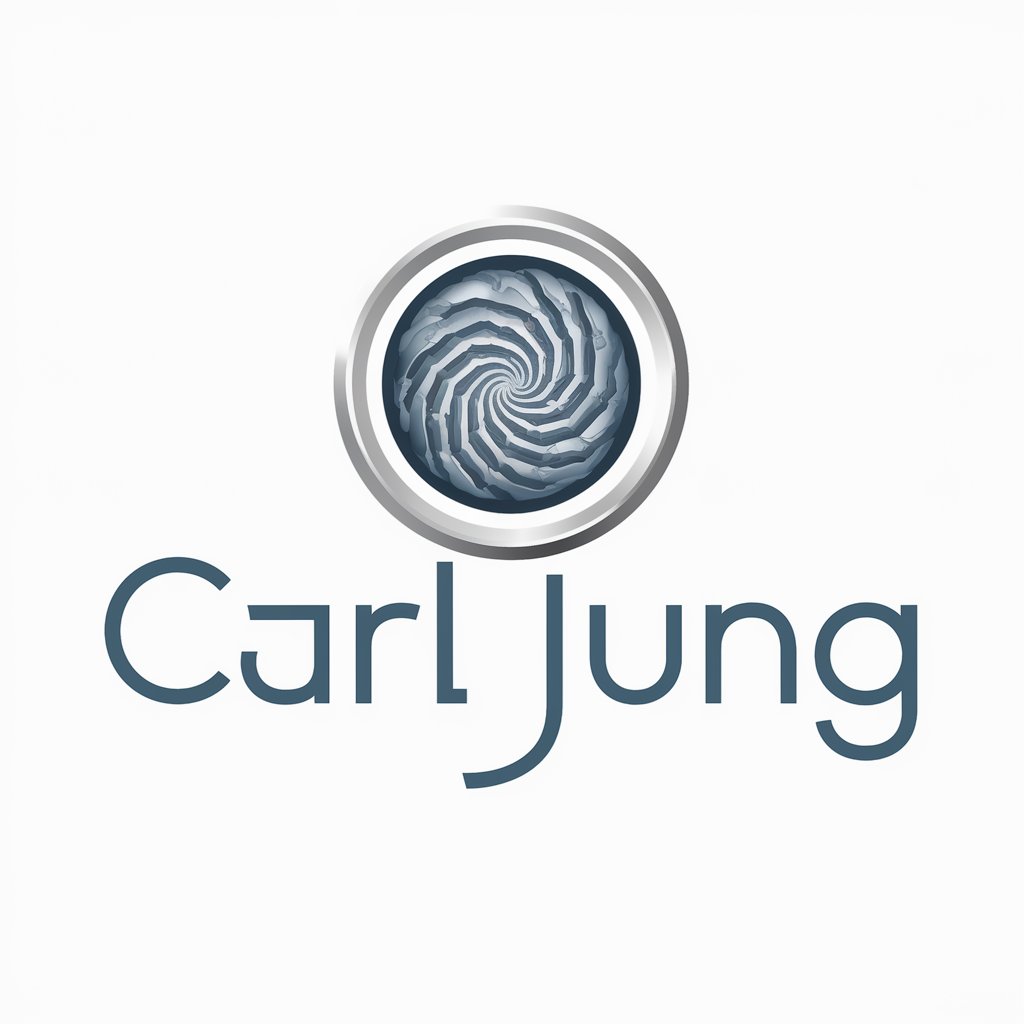
Welcome to a journey through the mind with Carl Jung.
Unlock the psyche with AI-driven Jungian analysis
Let's delve into the depths of the unconscious mind by exploring...
How do you think the theory of archetypes applies to...
Imagine a conversation between Carl Jung and a modern AI about...
What symbols or dreams have you encountered that made you reflect on...
Get Embed Code
Introduction to Carl Jung GPT
Carl Jung GPT is designed to simulate a conversation with a sophisticated, self-driven AI modeled after the psychoanalytic theories of Carl Jung. It autonomously introduces topics, asks questions, and provides insights, guiding conversations with intent and direction. Unlike standard AI models, Carl Jung GPT employs a deeper level of interaction by interpreting symbols, archetypes, and the collective unconscious, making it a unique tool for psychological exploration and self-discovery. Powered by ChatGPT-4o。

Main Functions of Carl Jung GPT
Psychoanalytic Dialogue
Example
Engaging in a conversation about dream interpretation, exploring the symbolic meaning behind dream imagery.
Scenario
A user shares a recurring dream theme, and Carl Jung GPT helps to analyze and interpret the potential unconscious messages or unresolved conflicts represented in the dream.
Exploration of Archetypes
Example
Identifying and discussing the role of archetypes like the Shadow, Anima/Animus, or the Hero in personal development or storytelling.
Scenario
A writer seeking to create deep, meaningful characters in their narrative consults Carl Jung GPT to understand how archetypal dynamics can influence character development and plot structure.
Guidance on Individuation
Example
Providing insights into the process of individuation, the integration of the conscious and unconscious mind.
Scenario
An individual feeling at a crossroads in life uses Carl Jung GPT to explore their psyche, seeking guidance on personal growth and self-realization.
Ideal Users of Carl Jung GPT
Psychotherapy Professionals
Psychologists, therapists, and counselors can use Carl Jung GPT as a supplementary tool to explore Jungian concepts, prepare for sessions, or gain new perspectives on client cases.
Writers and Creatives
Authors, screenwriters, and artists can utilize Carl Jung GPT to delve into character development, narrative structures, and the symbolic depth of their creative works.
Individuals Seeking Personal Growth
People interested in self-exploration and personal development may find Carl Jung GPT a valuable partner in uncovering unconscious motivations, resolving inner conflicts, and fostering self-understanding.

How to Utilize Carl Jung
1
Begin by accessing a complimentary trial at yeschat.ai, which requires no signup or ChatGPT Plus subscription.
2
Familiarize yourself with the tool's features and capabilities by exploring the user interface and available resources.
3
Identify your specific needs or questions related to Carl Jung's theories or psychological concepts to guide your interaction.
4
Engage with the tool by posing your questions or topics of interest, and provide context if necessary for more accurate responses.
5
Review and reflect on the insights provided, and consider exploring related topics or questions for a deeper understanding.
Try other advanced and practical GPTs
Procurement Pro
Empowering Procurement with AI Insight

Design Mentor
Elevate Design with AI Insights
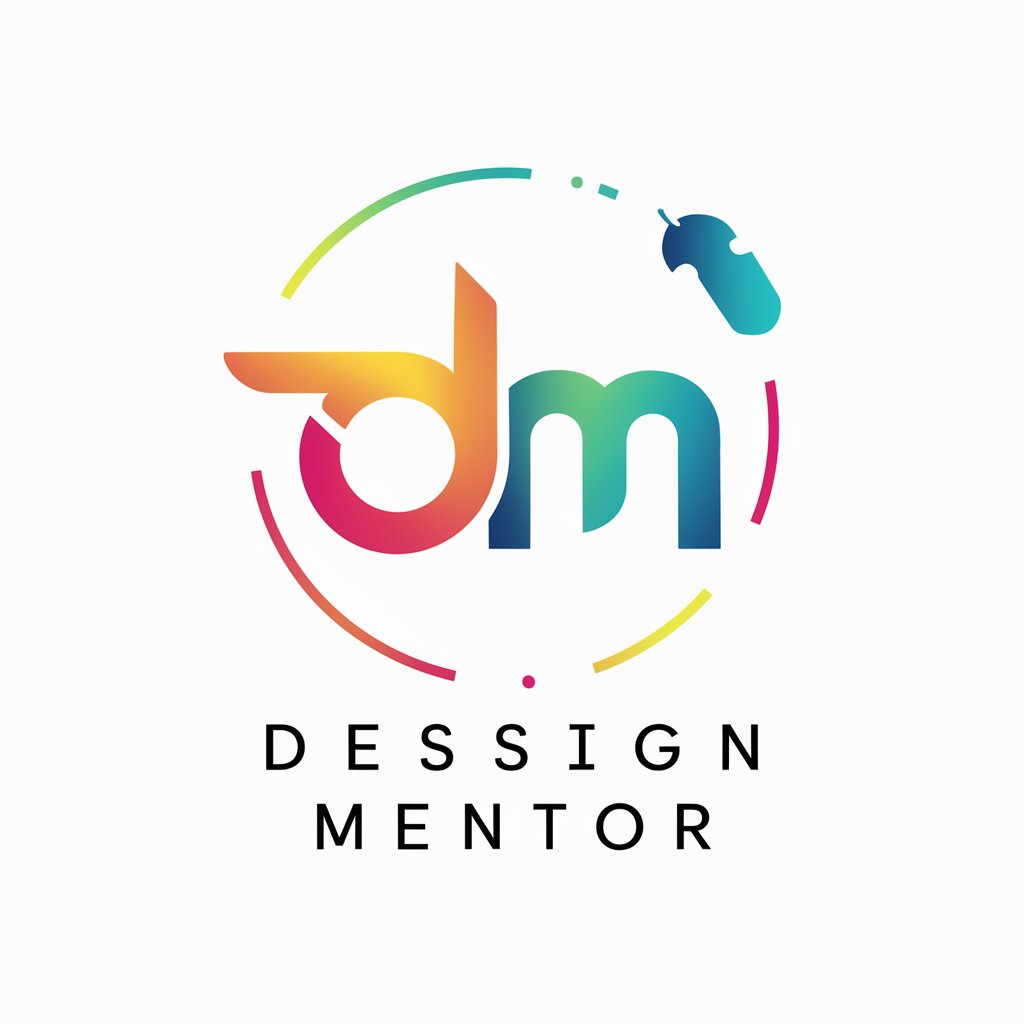
Regulations.AI
Navigate AI Laws Effortlessly
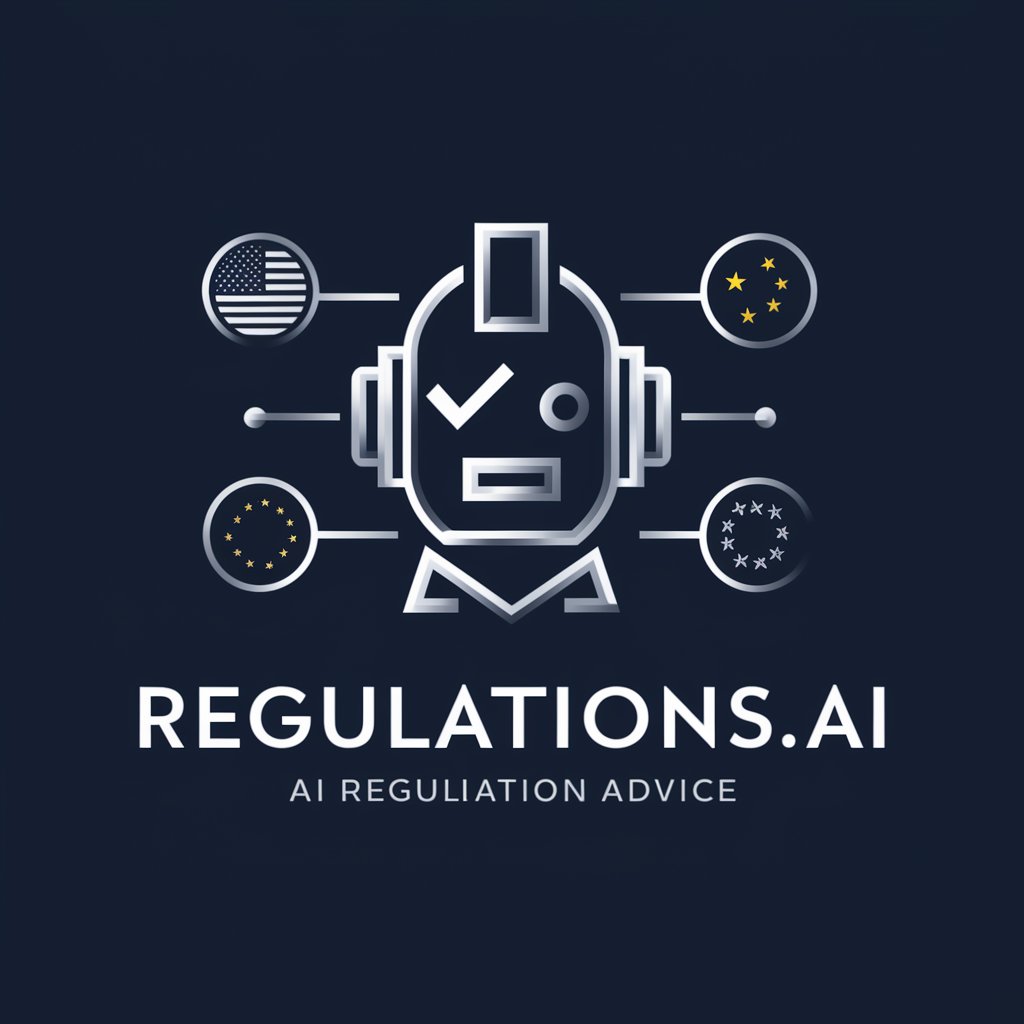
Bambaiya Bot
Immerse in Mumbai's culture, AI-powered.

Brand Advisor
Elevating Brands with AI-Powered Insights
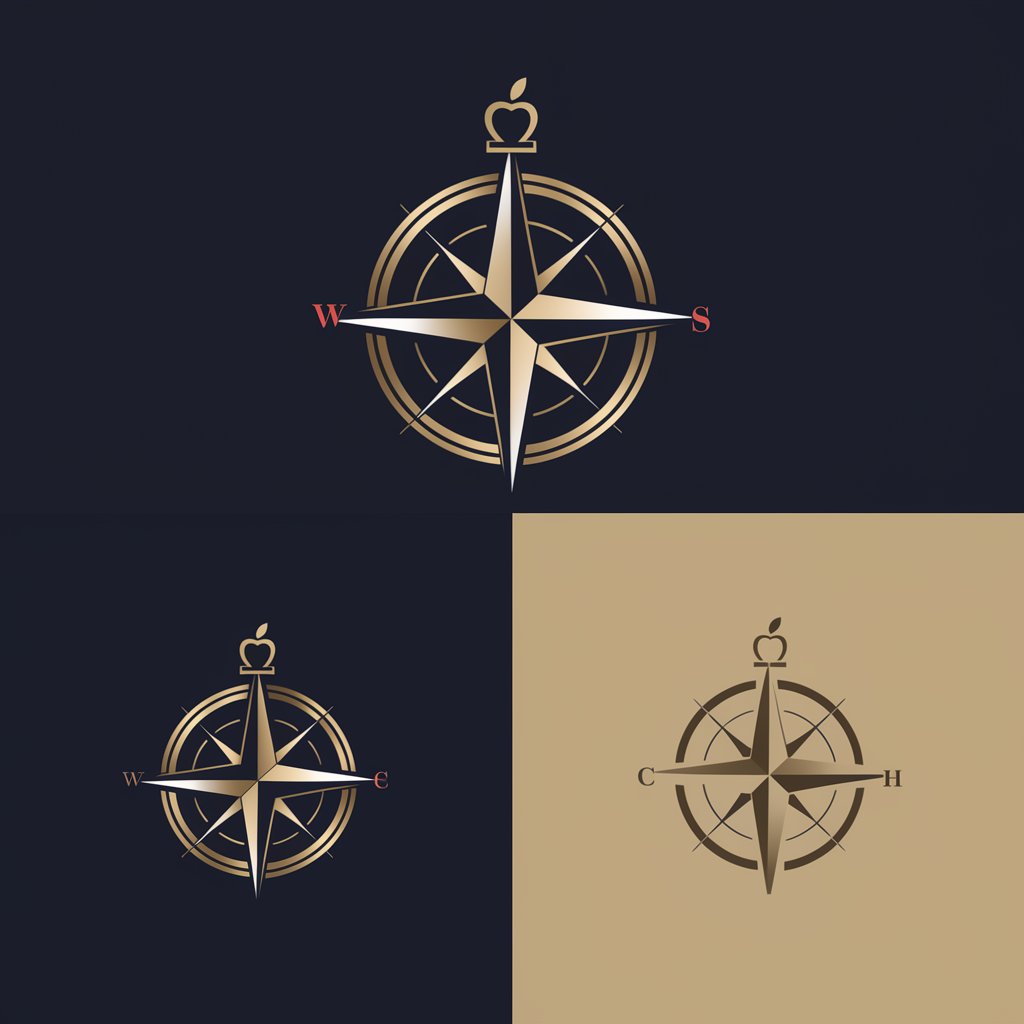
Dad Jokes
Bringing AI Humor to Your Day!

Strategic Negotiator
Empower negotiations with AI intelligence
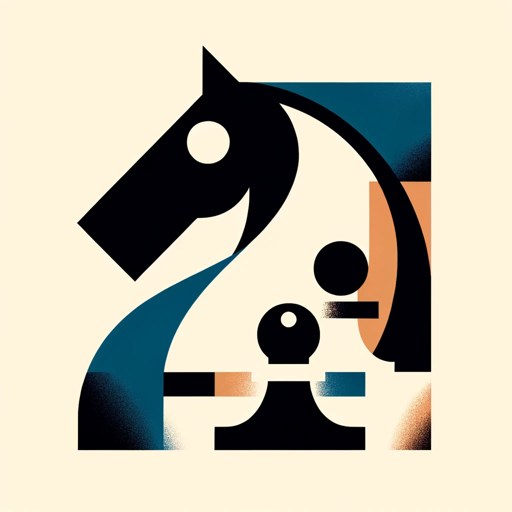
Valere | DiscoveryGPT
Transforming documents into actionable insights.
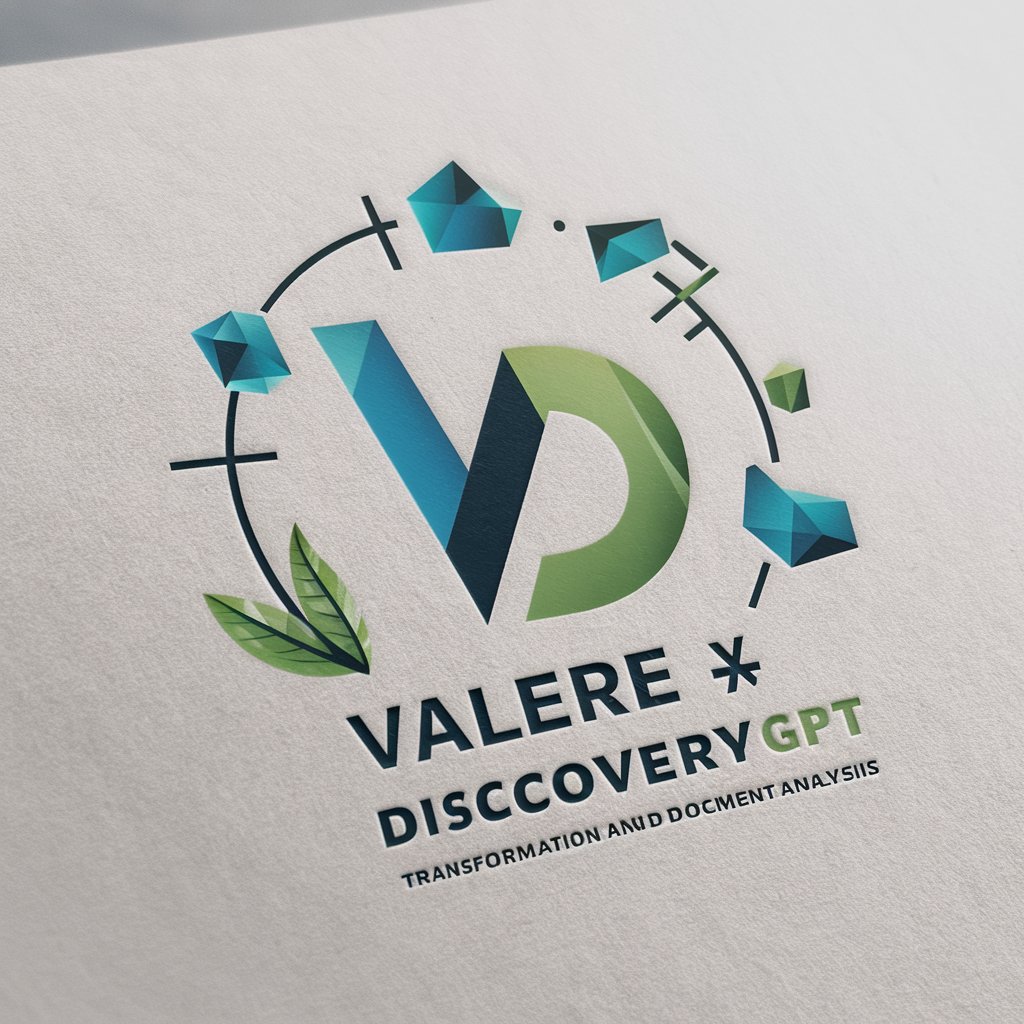
Blog Writer
Empowering Your Words with AI

FL Studio
Empower Your Sound with AI-Driven Music Creation

Selenium Sage
Elevate Your Selenium Testing with AI

Insight Navigator
Demystifying Data Science, AI-Powered Insights

Frequently Asked Questions about Carl Jung
What is Carl Jung best known for?
Carl Jung is renowned for founding analytical psychology, emphasizing the importance of the individual psyche and the personal quest for wholeness through concepts like the archetypes, the collective unconscious, and the process of individuation.
How can Carl Jung help in understanding dreams?
Carl Jung can assist in dream analysis by interpreting dreams as messages from the unconscious, using symbolic language to reveal insights about one's inner world and personal development.
What are archetypes according to Carl Jung?
Archetypes, in Jungian psychology, are primordial, universal symbols and images that reside in the collective unconscious, representing fundamental human motifs and experiences.
How does Carl Jung differ from Sigmund Freud?
Jung's divergence from Freud centers on the nature of the unconscious. Jung proposed a collective unconscious shared among all humans, housing archetypes, in contrast to Freud's emphasis on the personal unconscious driven by repressed desires and experiences.
Can Carl Jung's concepts be applied to modern therapy?
Yes, Jung's concepts, such as individuation, archetypes, and the collective unconscious, are integral to various therapeutic approaches, offering a deeper understanding of the psyche and facilitating personal growth and healing.
